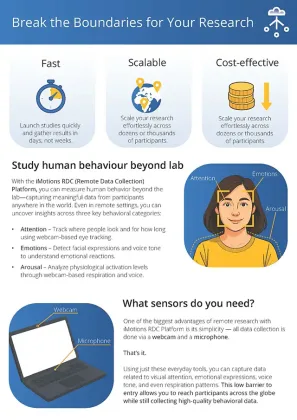As tourism research has paid limited attention to children, this study investigates children’s reactions to tourism development, focusing on their unique viewpoints on the World Heritage Site of Dubrovnik, Croatia. It employed cognitive neuroscience methods with 397 participants, revealing that, despite their preference for sustainable tourism scenarios, children exhibit a notable fixation on images emblematic of overtourism and associated challenges, particularly overcrowding. When exposed to sustainable tourism photographs, there was an observable increase in physiological arousal, albeit not as pronounced as when confronted with an overtourism scenario. Intriguingly, regardless of the scenario, children predominantly expressed neutral emotions. Within the sustainable tourism context, gender differences manifest as girls exhibiting lower levels of place attachment. Furthermore, inner-city residents exhibit diminished levels of nature connectedness, and emotions are indirectly linked to nature connectedness, place attachment, or pro-environmental behaviour. Conversely, in the unsustainable scenario, older children and inner-city residents exhibited a heightened sense of neutrality towards overtourism-related concerns, whereas those outside the inner city displayed a stronger affinity for nature connectedness. Positive emotions were negatively associated with nature connectedness and pro-environmental behaviour but positively associated with place attachment. Accordingly, this study advocates a more inclusive and sustainable future through children’s empowerment in tourism development.
Related Posts
-

Multiface Analysis in Action: Advanced Methods for Studying Facial Expressions in Group Settings
-

Memory and Visual Attention: 5 Foundational Eye-Tracking Experiments
-

Converting Raw Eye-Tracking Data into Cognitive Load Indicators
-

Measuring Consumer Happiness: How Biometrics Can Help Assess What Products Make People Feel Good































